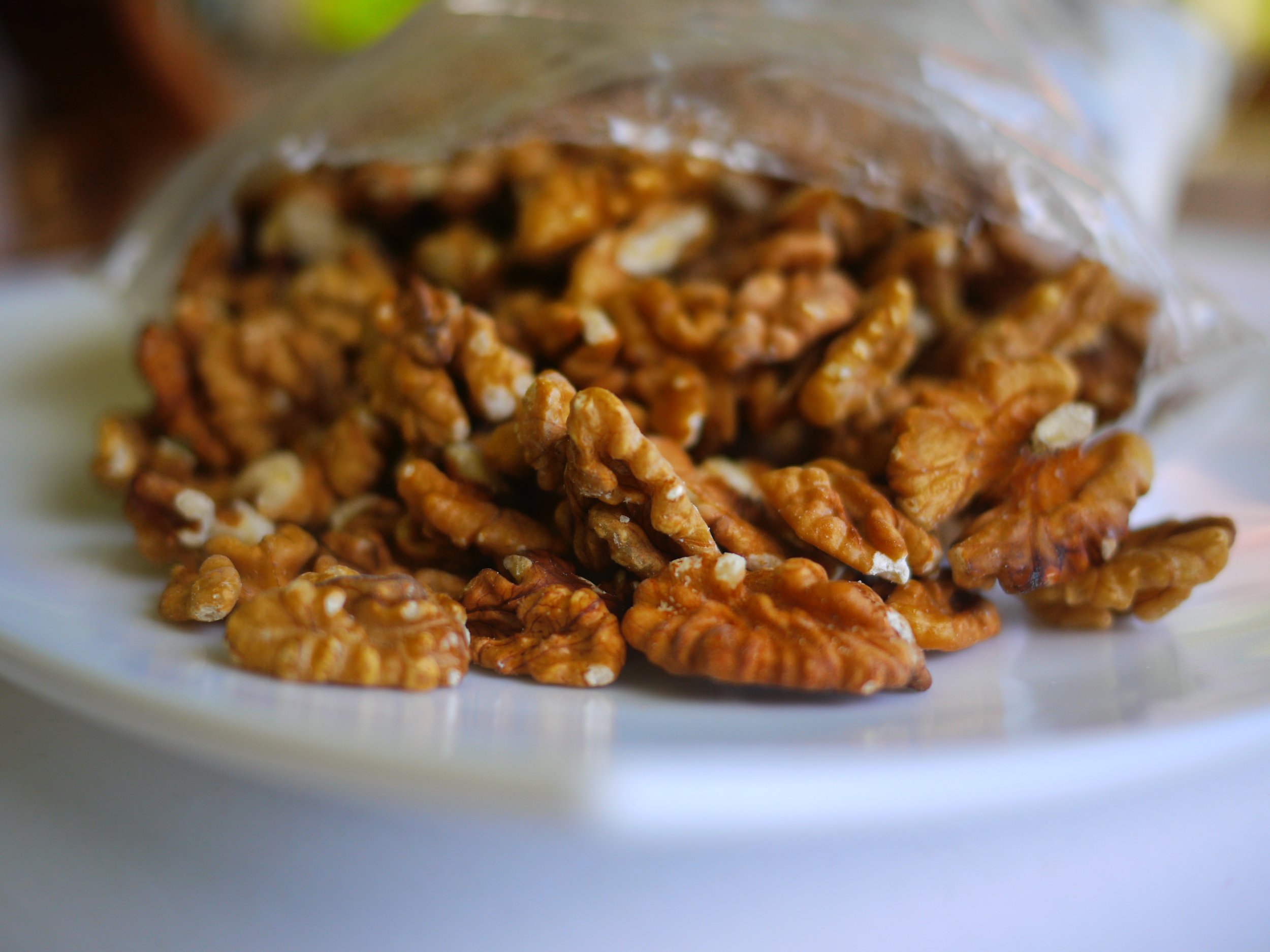The 16 foods men need to eat more often
M E N ‘ S H E A L T H | N U T R I T I O N
Choose these for a healthier heart, strong bones and lower cholesterol. By nutrition expert Ian Marber.
Beetroot can help to lower blood pressure.
Oats
Raised cholesterol contributes to cardiovascular disease, the leading cause of death for men in the UK. Oats contain beta-glucan, a soluble fibre that helps to reduce cholesterol, so try eating a bowl of porridge each morning. A 40g bowl of porridge oats contains 2g of beta-glucan; the optimal daily intake is 3g.
Trout
Trout, like salmon, is an excellent source of omega-3 fatty acid, which helps to reduce the risk of cardiovascular disease and cognitive decline. Trout is also a good source of vitamin D, which helps to maintain testosterone levels and prostate health. There is also evidence that the omega-3 fatty acid in fish oils can help to reduce fatigue and ease depression. Mackerel and sardines are also good sources.
Bananas
It’s important for men to keep an eye on their blood pressure. Raised blood pressure between the ages of 40 and 64 increases the risk of developing dementia. To manage blood pressure, maintain a balance between sodium and potassium in your diet and reduce salt intake as much as possible, certainly below the maximum of 6g day. Aim to eat at least 3,500mg of potassium a day, which shouldn’t be difficult as long as you have a diet rich in fruit and vegetables. Good sources of potassium include bananas, sweet potatoes, peppers, avocado, butter beans and Swiss chard.
Apricots contain carotenoids, which have mild anti-inflammatory properties
Tofu
Many people think of osteoporosis as a women’s health issue but male bone density also deteriorates in midlife. Increasing your calcium intake will help to promote healthy and strong bones. Aim to have at least 700mg of calcium each day. For example, a small portion of tofu (100g) contains 350mg of calcium, while a small pot of Greek yoghurt (150g) contains 165mg.
Brazil nuts
Foods rich in selenium, such as Brazil nuts, are good for cognitive function and also help to support the production of healthy semen. Only three or four nuts a day can supply a full day’s requirements. Studies have also found that eating Brazil nuts frequently can offer a degree of protection against prostate cancer.
Tomatoes
Tomatoes are a good source of lycopene, a carotenoid with antioxidant properties, which has been shown to offer some protection against prostate cancer. It is also found in watermelon, guava and red peppers. As it is four times more concentrated in cooked food than raw, it’s a good idea to eat tomatoes in the form of a sauce or a puree.
Eggs
Eggs are a rich source of magnesium, iron and choline, which is important for bones and teeth. A couple of eggs a day can supply more than 20 per cent of the body’s vitamin D requirements. This nutrient helps calcium uptake in the gut and reduces calcium loss in urine, further supporting bone density.
Walnuts may improve mood
Walnuts
Walnuts are rich in fibre, vitamin E and alpha linolenic acid, or ALA, a type of omega-3 fatty acid similar to those found in oily fish. Eating 30g a day — about ten walnuts — may also help to reduce the symptoms of depression and also provides about half of the daily requirement of manganese.
Garlic
Allicin is one the main components of garlic and is responsible for its pungent odour. Allicin reduces cholesterol levels but it may also help to reduce levels of homocysteine, an amino acid that contributes to the build-up of fats and cholesterol in the lining of arteries, which is a key cause of heart attacks and strokes.
Apricots
Apricots are a source of several carotenoids, especially beta carotene, lutein and zeaxanthin, all of which have mild anti-inflammatory properties. This is important for men to reduce the risk of prostate enlargement. They are also found in concentrated quantities in other orange fruit and vegetables, such as pumpkins, sweet potatoes and butternut squash.
Flaxseeds
Flaxseeds, also known as linseeds, are rich in lignans, which have antioxidant properties. They may also reduce the prostate specific antigen, or PSA, a marker in the blood that denotes prostate inflammation, and may also slow the spread of cancerous cells. Ground flaxseeds are better than whole for absorption. Sprinkle some on your porridge and yoghurt.
Pork
Pork is a rich source of vitamin B3, an important component in the breakdown of food into energy, as well as selenium, which supports the production of healthy semen. Choose pork chops or loins rather than processed pork to avoid nitrates, and remove the skin and visible fat. One pork chop of about 150g contains less than 5g fat.
Oysters
Oysters are one of the richest sources of zinc, a mineral that helps to support the immune system and aids cognitive function. It also plays a vital role in the production of testosterone as well as semen production. Sadly, the claim that oysters are an aphrodisiac is a myth.
Chickpeas, lentils and other legumes
Our fibre intake is generally poor, so much so that we barely get 60 per cent of the 30g we need daily. Fibre reduces the risk of bowel cancer, helps in the removal of excess cholesterol in the gut, and enhances the number and variety of gut bacteria. Legumes, such as chickpeas, lentils and beans, are good sources of fibre and a decent source of protein too.
Chicken
Muscle mass naturally declines after the age of 35 as part of a process called sarcopenia. To help maintain muscles add protein to every meal and do some weight-bearing exercises. Protein also makes you feel fuller, which will help you to avoid the weight gain that is a risk factor for cardiovascular disease, type 2 diabetes and some forms of cancer. Chicken, pork, yoghurt, seafood, nuts and seeds are all good sources of protein.
Beetroot
It’s important to keep your blood pressure at healthy levels. Root vegetables, such as beetroot, carrots and radishes, contain nitrates, which can help to lower blood pressure.
References
Ian Marber | Saturday September 24 2022, 12.01am, | The Times



